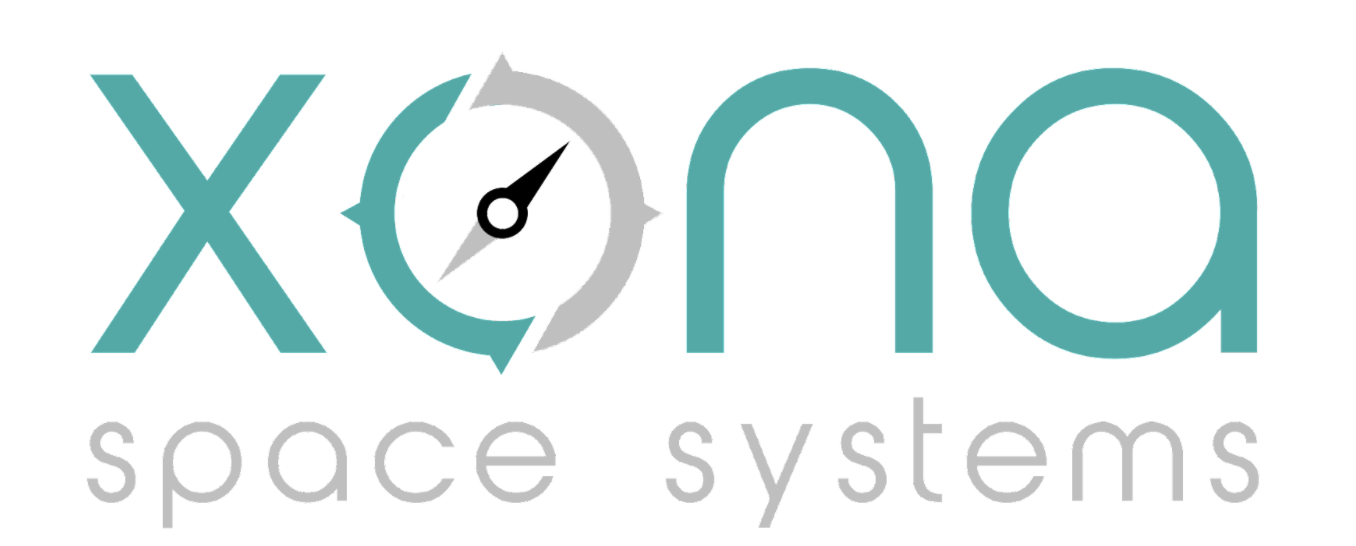In this role, you will collaborate with Xona’s navigation, software, and RF engineers in support of the development of next-generation LEO GNSS signals. You will interface with other functional area experts to optimize these signals, and service and lead end-user performance analyses with Xona LEO-based signals.
The ideal candidate has experience with real-world receiver testing in a variety of challenging environments, as well as an understanding of the fundamentals of GNSS space and user segments. Direct experience in GNSS hardware design in precision applications, low-cost applications, or critical applications is required. You should also have experience with theoretical analysis of GNSS performance in various environments using MATLAB, C, C++, or Python. The ability to design tracking loops and algorithms for GNSS signals is a plus.

The software engineer for testing will interface with cross-functional teams to ensure payloads and software systems are fully tested and ready for deployment in space. You will create comprehensive, well-structured modular test designs, test plans, and test cases from system requirements and concept of operations use cases. You will identify system interactions that must be considered for testing and design, and build automated tests in a Linux environment. You will work closely with the development team to support system integration, debugging, and hardware in-the-loop testing with flight software.
This role requires a bachelor’s degree in computer science, electrical engineering, mechanical engineering, aerospace engineering, or a relevant field, as well as experience building and executing test plans to validate software for production release. Other requirements include proficiency with Linux and Modern C++, as well as familiarity with functional testing, system-level testing, and opposition testing. Xona is also looking for someone with a track record of success in a fast-paced, cross-functional engineering team environment.
